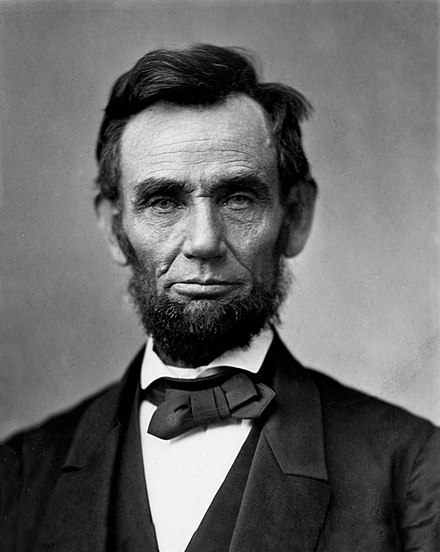Arnold Gehlen Quotes
From now on there is no longer any development immanent to art. The times have passed for history of art with a logical sense. There is no longer even any consistency in absurdities; the development has been wound up, and what comes now already exists: the syncretism of a muddle of all styles and possibilities, post-history.
Arnold Gehlen
Quotes to Explore
I think if you are young and you have children, you still have so much to prove. When you have children later in life, you lose a bit of that urge for working.
Salma Hayek
I don't know that I would want to be married again, but I do love companionship.
Florence Henderson
My granddad was a hard worker, and my dad is, too. It was instilled in me as a kid. I never got pocket money; I had to earn it. I had two paper rounds before school, not just one. Wherever I worked, whether it was at football, in the pub, I'd do whatever was asked of me - and more.
Olly Murs
I love Johnny Cash, and I respect Johnny Cash. He's the biggest. He's like an Elvis in this business, but no, he's never been the rebel.
Waylon Jennings
I didn't want to write a biographie romancee especially since I already write novels, nor did I want to challenge the rules of the biography game, arbitrary as those rules might be.
Edmund White
Books serve to show a man that those original thoughts of his aren't very new at all.
Abraham Lincoln
But it's fun to be something, have that, and you don't have to be real. It's like, comedians. They go on and they're doing all these jokes. I would be like that if I were more awake.
Parker Posey
It is in line with the fundamental interests of the two peoples for China and Afghanistan to strengthen a strategic and cooperative partnership, which is also conducive to regional peace, stability and development.
Zhou Yongkang
Generally, if I read something that I think is really good and that I feel a connection with and is right for me, I see and hear who the guy is, as manifested by me.
J. K. Simmons
Fate determines many things, no matter how we struggle.
Otto Weininger
We used to fight the LRA with only one dimensional force that only walks on foot, but now, we have got multiple forces to fight the rebels.
Yoweri Museveni
Charan is very hard-working and non-egoistic, given the family he comes from. He is very open to listening, and he surrenders himself completely to the director. It was lovely to work with an actor like that.
Rakul Preet Singh
She had that irony in her eyes. Knowledge without wisdom. Power without purpose. Like me.
Orson Scott Card
Let me deal here with what General Motors includes and with the responsibility that rests on its management.
Alfred P. Sloan
Take to the highway, won't you lend me your name?Your way and my way seem to be one and the same, child.Mamma don't understand it.She wants to know where I've been.I'd have to be some kind of natural born foolTo want to pass that way again.But I could feel itOn a country road.
James Taylor
My attitude towards peace does not depend on which war we are discussing. I think that words should do the work of bombs
Margaret Cho
I punched out Kathleen Hanna... Sonic Youth brought her. I punched her, and she screamed, 'I'll take you on, any college in America, any feminist debate,' and I said, 'But Kathleen, that means you're going to have to read!'
Courtney Love
After World War II, a lot of people moved to the cities for work and abandoned the old vineyards. Then in the 1950s and 1960s, wineries were paid to produce volume at a cheap price. That's when the Lambruscos and bad Chianti were popular.
Joe Bastianich
It does not matter what film you're making. If you're young and there's romance in the movie, it's compared to 'Twilight'.
Jake Abel
I sold my very first novel when I was 24 or 25 years old.
Kevin J. Anderson
I think that's just part of how it is with making art. Sometimes you're just flooded with ideas, and then other times you're questioning all the ideas you ever had before, and everything is just... lame.
Dana Schutz
Art was not a thing for my family and is still not a thing for my family. My family will not go to a museum unless I say we have to go there. That's why I really feel like it was something I was supposed to do because there was no directive that pushed me in that direction.
Amy Sherald
O supreme and unapproachable light! O whole and blessed truth, how far art thou from me, who am so near to thee! How far removed art thou from my vision, though I am so near to thine! Everywhere thou art wholly present, and I see thee not. In thee I move, and in thee I have my being; and I cannot come to thee. Thou art within me, and about me, and I feel thee not.
Anselm of Canterbury
From now on there is no longer any development immanent to art. The times have passed for history of art with a logical sense. There is no longer even any consistency in absurdities; the development has been wound up, and what comes now already exists: the syncretism of a muddle of all styles and possibilities, post-history.
Arnold Gehlen
















































